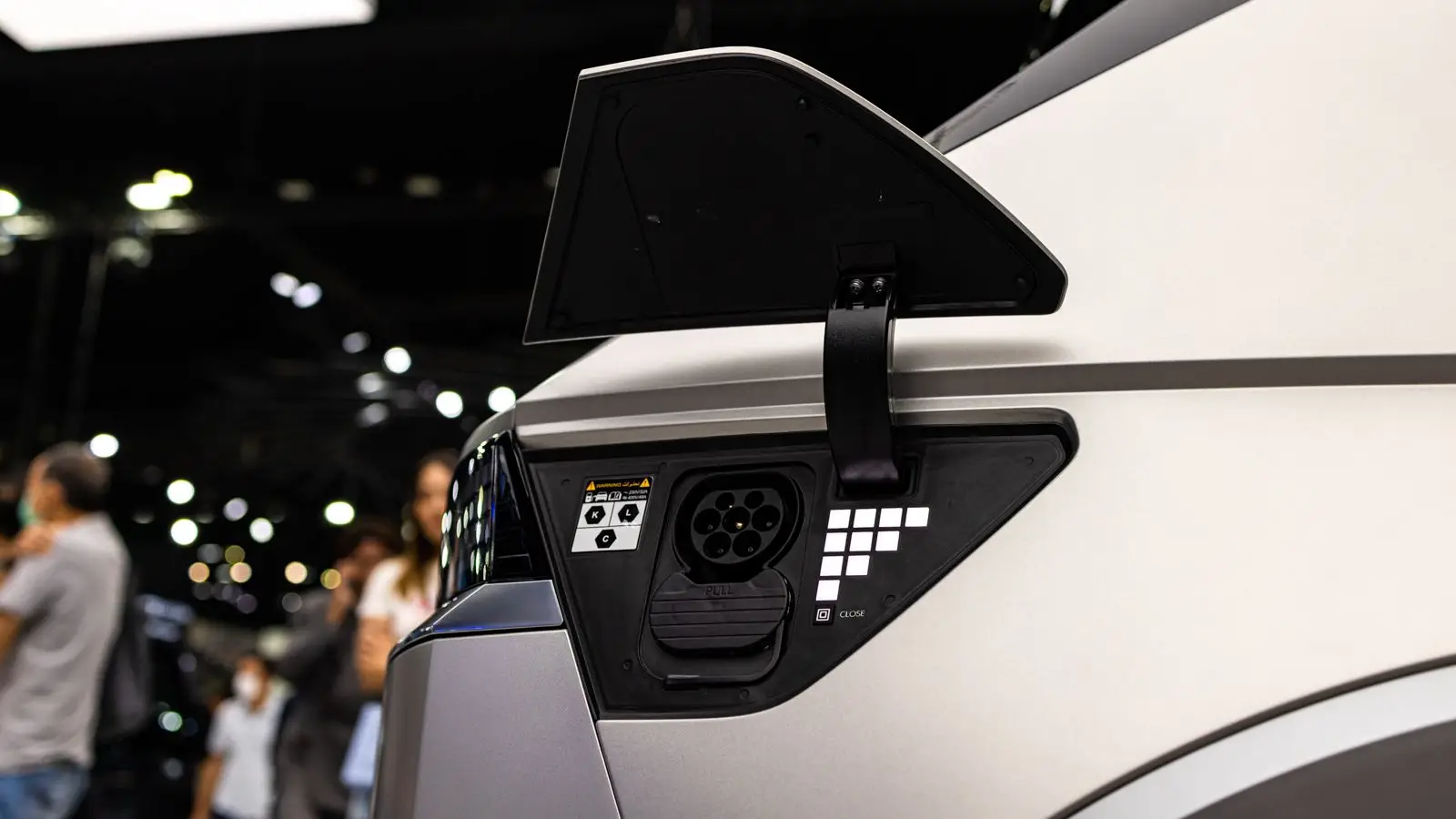News
EV Transition: U.S. Government Modifies Mileage Rating Rules

In response to industry feedback, the U.S. government revises EV mileage regulations to allow a more gradual transition for automakers like Ford, GM, and Stellantis.
The U.S. government has opted to adjust its approach regarding the imposition of stricter electric vehicle (EV) mileage ratings. Initially, the proposed regulations aimed to expedite the transition to electric vehicles by imposing stringent fuel economy credits and penalties, which would have significantly impacted automakers like Ford, GM, and Stellantis. These companies have been able to balance the introduction of EVs with the continued production of their more profitable vehicles, such as large trucks and SUVs.
This policy revision comes after discussions with various automakers, who expressed concerns about their ability to meet the accelerated demands for EV production and market share growth. The original target was to boost EV market share to 67% by 2032, a goal deemed unattainable by several established car manufacturers under the initial proposal.
Under the revised rules, automakers will have more leeway to transition to electric vehicles at a more manageable pace, allowing them to meet Corporate Average Fuel Economy (CAFE) standards without a drastic increase in EV production. This adjustment ensures that high-efficiency EVs can still balance out less efficient models within a manufacturer’s fleet, maintaining compliance with overall fuel economy standards.
Furthermore, the updated regulations propose a more gradual reduction in EV efficiency ratings, lessening the immediate pressure on automakers to alter their production strategies significantly. This is particularly crucial in the current automotive market, where EV sales have been challenging.
The Detroit Big Three, known for their profit-rich large SUVs and pickups, stand to benefit significantly from this regulatory adjustment. The previous proposal would have dramatically decreased the fuel economy ratings for vehicles like the F-150 Lightning, necessitating a more aggressive shift towards EV production or the enhancement of internal combustion engine vehicle efficiency to avoid substantial fines.
As the automotive industry continues to navigate the transition to electric mobility, it’s anticipated that automakers might lean towards developing more plug-in hybrids as an interim solution. This strategy aligns with the viewpoints of industry leaders and is being adopted by several major car manufacturers as a viable path to addressing environmental concerns while meeting regulatory demands.
Ethan Brown
2024, Mar 20 09:20